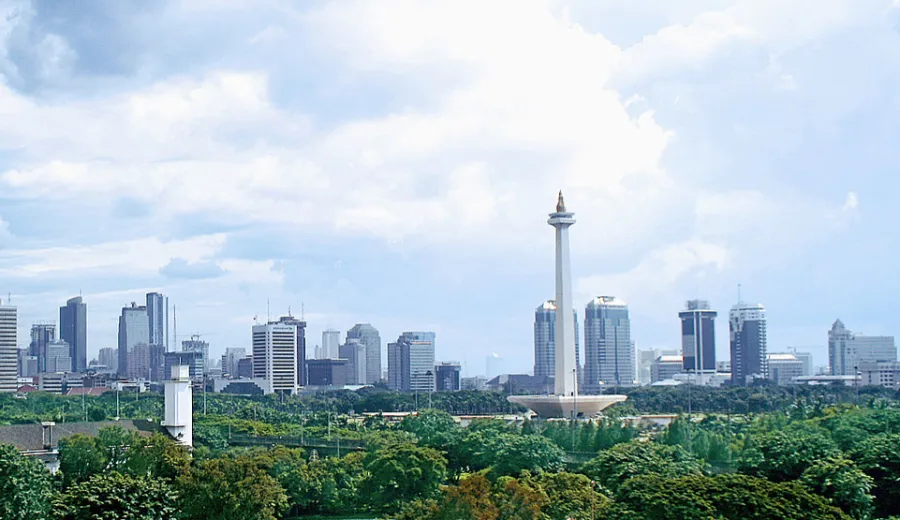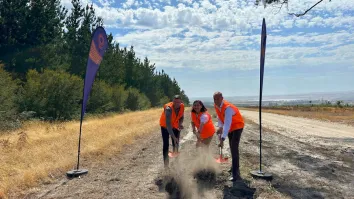
ADB shells out $175.3m to support 90MW Rantau Dedap project
The loan will be for the development of the project's second phase.
The Asian Development Bank (ADB) today signed a loan agreement of approximately $175.3 million with PT Supreme Energy Rantau Dedap (SERD) to help finance the second phase of the company's geothermal power project in South Sumatra Province, Indonesia. The deal adds to ADB's continued efforts to scale up private sector-led infrastructure development and support clean energy investments in the Asia and Pacific region.
As part of the financing, ADB will also administer an additional loan provided by the Clean Technology Fund (CTF), which is a rollover amount from an existing CTF facility for the first phase of the project. The CTF loan for the first phase helped to confirm the commercial resource size and allow the project to proceed to financing of construction and operations.
“This innovative, phased financing proves that adequate risk allocation allows the private sector to successfully develop geothermal projects in Indonesia,” said Yuichiro Yoi, Unit Head for Indonesia at ADB’s Private Sector Operations Department. “The project also demonstrates Indonesia’s strong commitment to develop renewable energy sources to diversify its energy mix and reduce its carbon emissions.”
With an estimated 29,000 megawatt (MW) of potential in geothermal power generation, Indonesia has about 40% of the world’s geothermal reserves, making it an important resource for the country to achieve its commitments to reduce carbon dioxide emissions by 29% by 2030. The project will help Indonesia get closer to this goal, with the Rantau Dedap geothermal facilities expected to generate more than 90 MW of electricity, which will power up to 130,000 homes, create jobs, and avoid over 400,000 tons of carbon dioxide emissions every year by 2021.
SERD is a joint venture consisting of the Indonesian geothermal power developer, PT Supreme Energy; the Japanese trading and investment company, Marubeni Corporation; the Japanese power utility Tohoku Electric Power; and global energy leader ENGIE. In addition to ADB, the Japan Bank for International Cooperation and three commercial banks under a guarantee from Nippon Export and Investment Insurance are providing financing for the project worth approximately $188.8 million and $125.9 million, respectively.
The project is part of ADB’s continued efforts to address the risks and mitigate the impacts of climate change in developing member countries in the region. Some of the projects in Indonesia approved by ADB include the $350 million financing for the landmark 320 MW Sarulla Geothermal Power Development Project and the 80 MW Muara Laboh Geothermal Power Generation Project, which reached financial close in 2014 and 2017, respectively, and are also supported by CTF.
CTF is one of the four programs comprising the Climate Investment Funds and provides middle-income countries with concessional resources for the demonstration, deployment, and transfer of low-carbon technologies. ADB administers over $1.1 billion of CTF funding across sovereign and non-sovereign operations.



















 Advertise
Advertise







